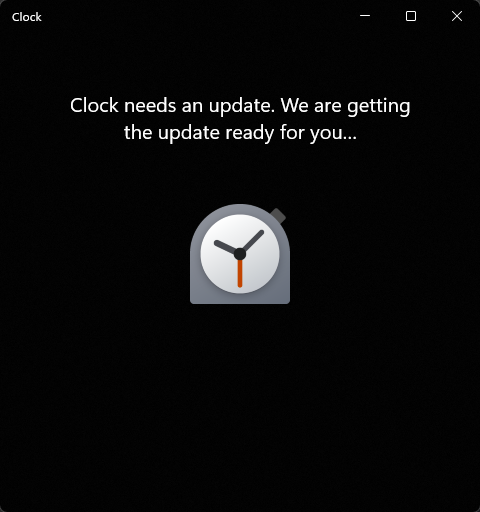I've always approached learning Linux by just diving into it and bashing my head against problems as they come until I either solve them or give up, the latter being the more common outcome.
I wouldn't take this approach with other pieces of software though - I'd read guides, best practices, have someone recommend me good utility tools or extensions to install, which shortcuts to use or what kind of file hierarchy to use, etc.
For example, for python I'd always recommend the "Automate the boring stuff with Python", I remember learning most Java with that "Head first Java" book back in the days, c# has really good official guides for all concepts, libraries, patterns, etc.
So... lemme try that with Linux then! Are there any good resources, youtube videos, bloggers or any content creators, books that go explain everything important about linux to get it running in an optimal and efficient way that are fun and interesting to read? From things like how the file hierarchy works, what is /etc, how to install new programs with proper permissions, when to use sudo, what is a flatpak and why use it over something else, how to backup your system so you can easily reconstruct your setup in case you need to do an OS refresh, etc? All those things that people take for granted but are actually a huge obstacle course + minefield for beginners?
And more importantly, that it's up to date with actually good advice?

I really wish gimp had a command palette, kinda like the Ctrl+Shift+P thing in VSCode. As a beginner in gimp I often know approximately what I want to do, but not how to find that thing and just being able to type "crop", "scale", "add layer" and have it happen would be much easier than having to look for it through various menus.